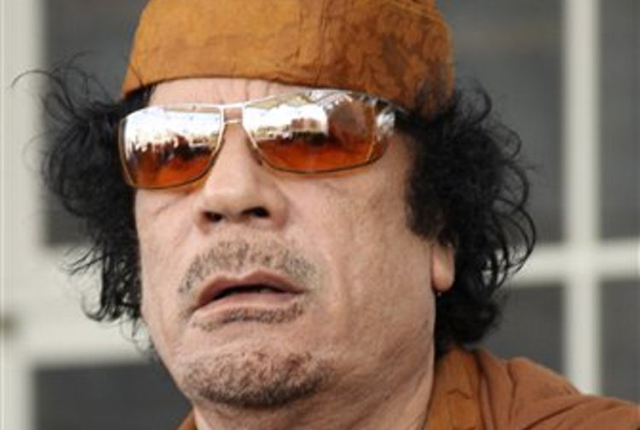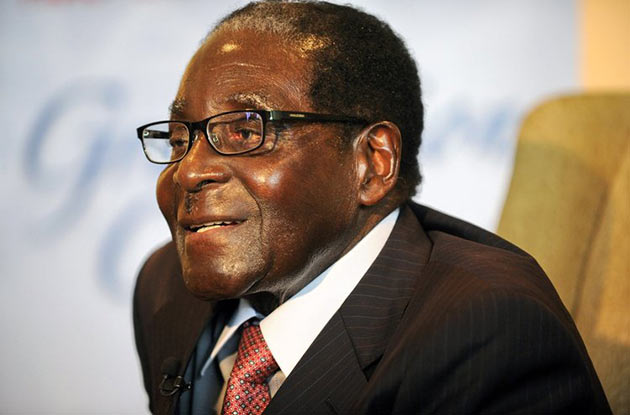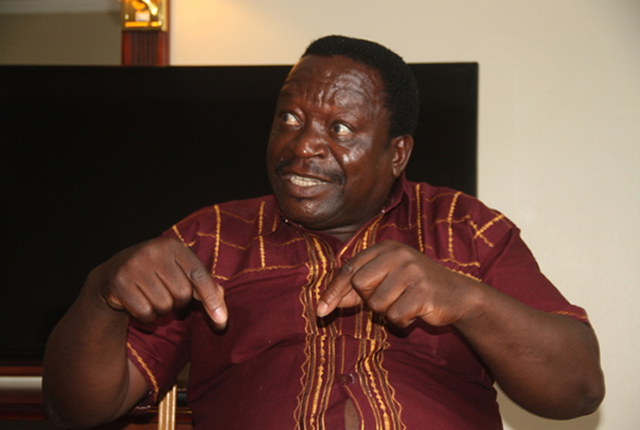War-weary Libyans miss life under Gaddafi

TRIPOLI. — Five years after an uprising killed Libya’s Muammar Gaddafi, residents in the capital joke they have grown to miss the long time dictator as the frustrations of daily life mount.Those living in Tripoli say they are exhausted by power cuts, price rises and a lack of cash flow as rival authorities and militias battle for control of the country.
“I hate to say it but our life was better under the previous regime,” says Fayza Al Naas, a 42-year-old pharmacist, referring to Gaddafi’s more than four decades of rule.
Today, “we wait for hours outside banks to beg cashiers to give us some of our own money. Everything is three times more expensive”.A UN-backed unity government has struggled to assert its authority nationwide since arriving in Tripoli in March, with a rival parliament in the country’s far east refusing to cede power to it.
Last Friday it suffered a new blow when a militia alliance seized key offices in the capital and proclaimed the reinstatement of a third administration previously based in Tripoli.
The turmoil that followed Gaddafi’s fall in 2011 has allowed ISIL to gain a foothold in Libya and in June last year the extremist group seized the dictator’s hometown of Sirte.
For the past five months, forces loyal to the unity government have been fighting to expel the last remaining militants from Sirte, with support from US air strikes since early August.With these forces weakened by the anti-ISIL battle, other forces loyal to the eastern parliament and led by the controversial general Khalifa Haftar seized key oil terminals to the east of Sirte last month. This allowed Libya’s National Oil Company to resume crude exports.
Gen Haftar, who presents himself as Libya’s saviour in the face of a growing extremist threat, is a hugely divisive figure.While his forces have ousted most of the extremists from Benghazi, the birthplace of the 2011 uprising against Gaddafi, his detractors accuse him of working towards the single goal of seizing power to establish a new military dictatorship.
“Libyans are forced to choose between two extremes: either chaos with militias and Islamist extremists as the dominant forces, or military rule,” says Libya analyst Mohamed Eljarh of the Rafik Hariri Centre for the Middle East. “No other convincing options are on offer.”
Looking forward, another Libya expert Mattia Toaldo says the rival forces might want to extend their influence in other areas of the country where they could be met with tough local resistance.
“It is hard to think that the country will be stabilised any time soon,” says Mr Toaldo.“Libyans seem to have swapped a repressive centralised authoritarianism with a more decentralised and chaotic form of authoritarianism, be it under militias or under the rule of general Haftar.”
The persistent chaos has also enabled human traffickers to step up their lucrative trade in the Mediterranean nation, with hundreds of refugees drowning off the Libyan coast after trying to get to Europe. And Libya has also been the launch pad for deadly attacks on holidaymakers in neighbouring Tunisia.
But while some Libyans mourn an easier life under Gaddafi, others stress that the chaos in Libya springs from decades of mismanagement under the dictator.
“The struggles of Libyans today are the logical consequence of 42 years of systematic destruction and sabotage” by the state, said Abderrahman Abdelaal (32), an architect unable to find work in his field. — AFP.









Comments